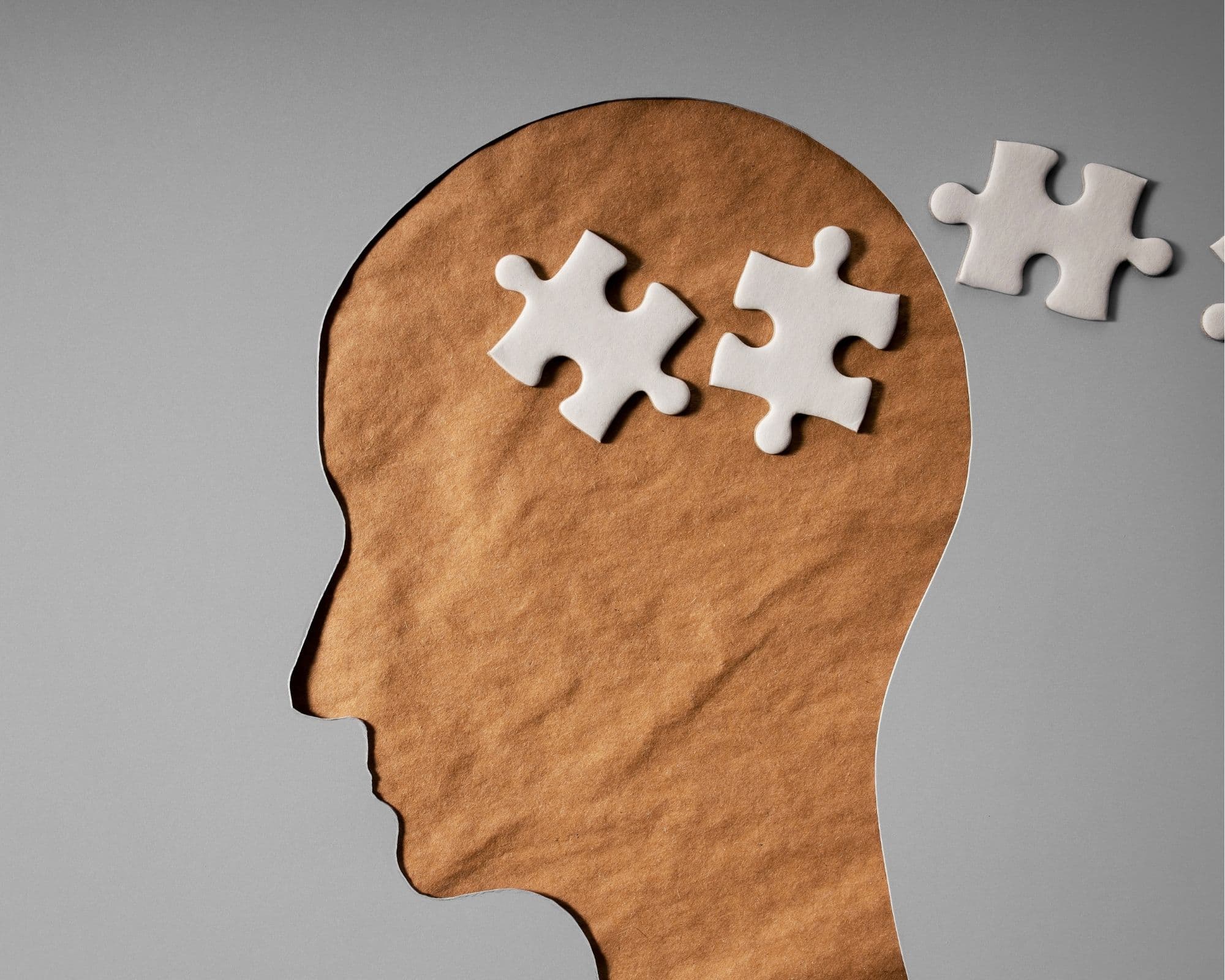
As we age, it’s common for individuals to begin experiencing memory loss or other cognitive problems. Alongside their cognitive impairments, they may also demonstrate signs of hearing loss. Many researchers have looked into the link between hearing loss and cognitive impairment in recent years. While many of their questions still don’t have answers, it is believed that there is a connection between hearing loss and dementia.
Although the link between hearing and memory loss is still being explored, it’s something that anyone experiencing hearing loss, or memory loss should be aware of. Today, El Dorado Hearing will walk you through some recent findings.
Signs of Memory Loss
We all forget where we put out car keys, leaving us running around the house when we should already be out the door. While everyone forgets things every once in a while, if it becomes more frequent than expected, the individual may be suffering from memory loss or some cognitive problem.
Be mindful of the following signs indicating memory loss:
- Repeatedly asking the same questions multiple times.
- Regularly blanking on common words when holding conversations.
- Demonstrating personality changes that are out of character.
- Difficulty controlling their emotions or agitation.
- Mixing up words in conversations.
- Commonly misplacing items in incorrect places.
While memory loss can happen on its own, researchers believe there may be a connection to hearing loss.
The Link Between Hearing Loss & Memory
Those with dementia often show signs of cognitive decline and hearing loss. Although the link between the two is still being explored, there is a clear link between hearing loss and memory.
When the ears work correctly, the individual can understand their surroundings and interact with friends, family, loved ones, and even strangers. These sounds enter the ear and are funneled to the brain where the sound is processed into noise that we understand. To hear effectively, both the brain and the ears need to be functioning correctly.
With nerve-type or sensorineural hearing loss, the individual’s nerves within the ear are damaged. These nerves play an essential role in sending sound to the brain. When damaged, the sound never makes it through the ear to the brain, making it hard to decipher conversations and noises around you.
The harder the person’s mind needs to work to process the sound, the more likely they are to experience listening fatigue and cognitive overload. This impacts the individual’s ability to hear and limits the amount of sound processing the brain does daily. Over time, the brain won’t be working as hard, which results in cognitive decline. On the other hand, the connection may be caused by cognitive decline that is impacting the individual’s ability to process sound, resulting in hearing loss.
Do Hearing Aids Prevent Memory Loss?
While the connection is still being researched, evidence suggests that hearing loss leads to memory problems. By treating hearing loss and wearing hearing aids, the individual will help mitigate the risk of cognitive decline.
Schedule a hearing test with El Dorado Hearing of Tucson
To assist in managing your hearing loss, we provide complete hearing evaluations at El Dorado Hearing. Our hearing specialists are highly experienced and provide you with an in-depth hearing assessment to evaluate whether you have hearing loss and the extent to which the loss affects you.
We’ll help you find the proper hearing aids to restore your hearing and help minimize the risk of cognitive impairment as you get older.
For personalized hearing testing in Tucson, AZ, make El Dorado Hearing of Tucson first on your list. We strive to make our hearing offices comfortable where everyone feels welcome.
If you are ready to regain control of your hearing, visit us at one of our hearing clinics. Contact us today to set up an appointment with one of our caring and expert hearing specialists!




Leave a Reply